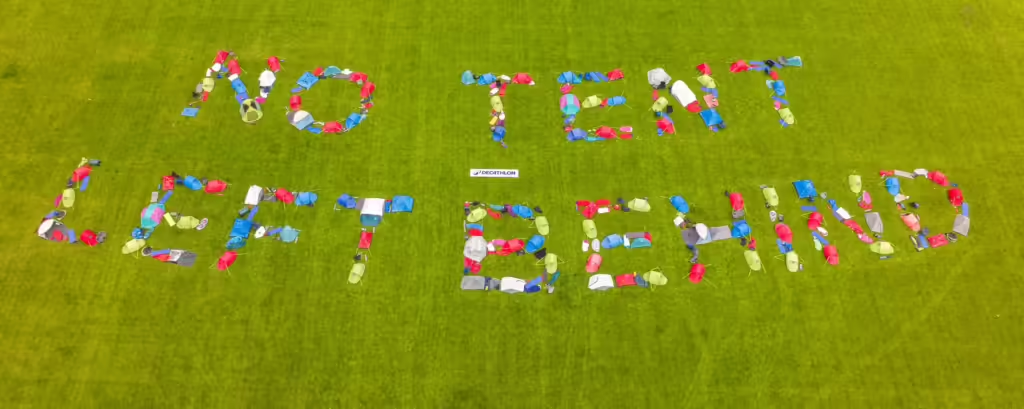According to the charity, based in the Isle of Wight, an EPR scheme for textiles is “crucial” to funding a separate textile collection system that manages all discarded textiles, not “just the fraction of material that has a high reuse value”.
In a report published this month, the foundation explained that an EPR policy for textiles will place the responsibility on producers for the collection, sorting and recirculation of textile productions.
It added that an EPR scheme would increase the transparency and traceability of textile materials and help to attract capital investments.
Industry
According to the report, the textile industry uses up “precious resources” to make products, such as clothing and bed linens, that are used for a short period of time before being discarded. These resources are often non-renewable, made from oil and chemicals.
The foundation estimated that around 4-9% of all textile products put on the market in Europe are destroyed before use, having either been returned or remained unsold.
Waste
Congresswoman Chellie Pingree, US Congress, said: “Textile waste is a significant contributor to the climate crisis. But right now, we don’t have sufficient infrastructure to responsibly manage discarded clothing and increasing amounts of textile waste, and our existing systems do not support consistent, convenient or widespread collection needed to incentivise the reuse and recycling of textiles.
“That’s why we need comprehensive policy to make the economics work for textile reuse, repair and recycling. Particularly, EPR offers an opportunity to do just that while holding the textile industry responsible for its role in the system.”
Consumption
Sheila Aggarwal-Khan, director of the industry and economy division, United Nations environment programme, said: “Unsustainable consumption and production patterns drive the climate, nature and pollution crises and hinder opportunities for resilient, inclusive and just socioeconomic development.










Subscribe for free